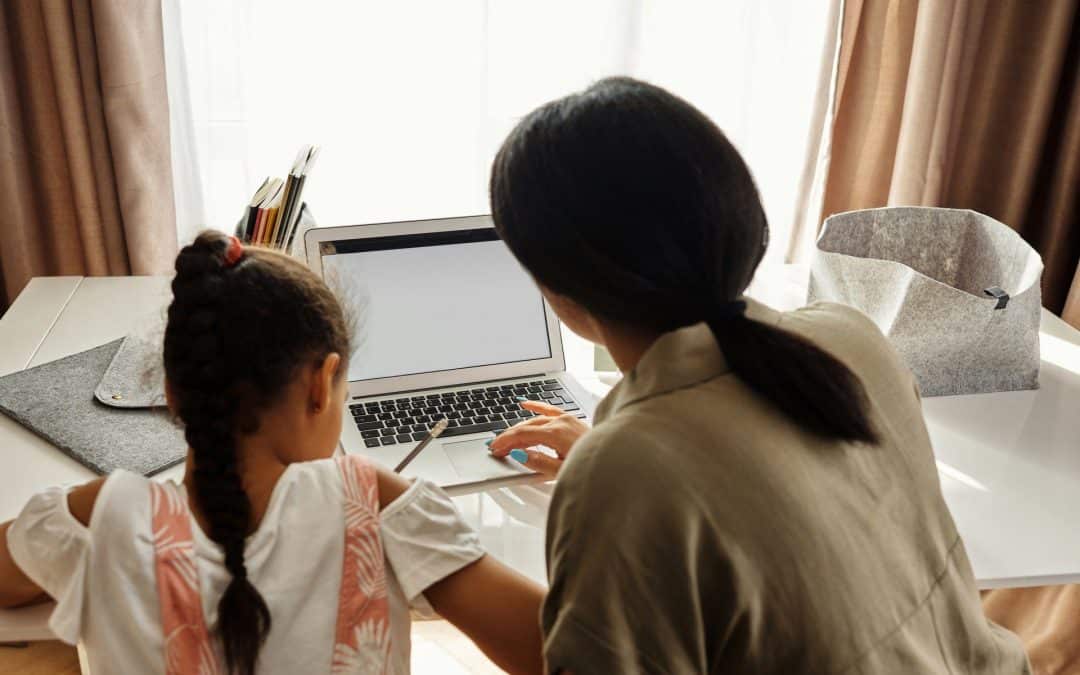As more people are now working from home, the desire for a designated workspace has become a priority for many. The past year has forced many workers to fill up the dining table and any other flat surface available with monitors, computers, laptops, cables, Wi-Fi boosters, microphones and ring lights out of necessity but we know this isn’t a sustainable way of working, particularly when you have family sharing your space too.
With so little internal space available in the family home, which feels even smaller in the winter months, many people are now seeking to build a permanent home office. With extensions and loft conversion costs going through the roof, and the lack of building materials many people are turning to building garden offices.
What tax reliefs can be claimed?
A garden office/outbuilding is normally considered a structure and therefore it is not possible to claim tax relief for the costs of the building/shed, even if it is moveable. This includes all costs of any planning, foundation work and installation.
However, it is usually possible to claim tax relief by way of capital allowances on some fixtures and fittings, such as those specifically required to enable you to do your work. For example this could be internet cabling, thermal insulation, CCTV and specialised lighting, but would not cover usual integral fittings like doors and floors and ordinary wiring.
You can also claim capital allowances on furniture and equipment needed for the office for work purposes, such as office equipment, shelving, desks and seating. Usually you would claim capital allowances for the full cost in the year of purchase, by way of Annual Investment Allowances (AIA) subject to a cap. In addition to capital allowances, tax relief can be claimed on the revenue costs incurred for the running of the garden office, such as electricity for lighting and heating, and for the general repairs and upkeep.
Is VAT able to be reclaimed
VAT incurred on the cost of the structure itself or any furnishings or furniture can be reclaimed if it is solely used for business, and VAT can also be reclaimed on the ongoing running costs. You must ensure there is a VAT invoice addressed to the business to support any claim, as per the usual VAT rules.
Personal tax issues
If a garden office is used exclusively for business, and if you are a company, you will not pay any benefit in kind tax on it. Benefits in kind are chargeable to tax when a company pays for personal expenses for an employee or director. If the garden building was incurred by a company and it was also used personally for other means or by other members of the family, this would then trigger a benefit in kind charge and the tax due could well outweigh any tax savings, dependent on circumstances.
However, you wouldn’t purchase through a company if there is expected to be personal use on the outbuilding. The reason for this is due to the issue of Personal Benefit in Kind (P11d). HMRC will need there to be an annual assessment of the personal benefit in kind for the Directors – reported on a P11D and Class 1A National Insurance payable by the company, as well as personal income tax by the Directors. The calculation of the benefit can be complicated but should in principle follow the HMRC guidance for ‘Assets made available without transfer’ – guidance available at www.gov.uk
Also, if you were to include the building cost as a business cost, you may have to pay capital gains tax on it when you sell the house if there is a value in it. The amount you’d pay would depend on the percentage of the land the garden office takes up. If your garden office is made up of bricks and mortar with state-of-the-art kit out with all the mod-cons, it’ll devalue at a much slower pace than a modernised wooden shed, thus affecting Capital Gains Tax implications more.
Can I rent the new office space to my business?
You could set up a rental agreement so that your business pays you rent for the office space but beware you would be taxed in the rental income you receive. This could still be beneficial for some, however careful consideration needs to be made on a case by case basis to ensure that you are not left with a capital gains tax charge on selling.
Everyone has a different situation so it is important to consider your situation and call for advice about your personal circumstances to ensure the right tax treatment to suit you and your business. The treatment will be different for those who are self employed compared to those who are limited companies. There is still some tax savings to be made but careful planning is require.
Get in touch
Contact us to discuss the above so we can assist you to make the right decision for you: Pi Accountancy | Expert Business Advice | Gloucester & Swindon (pi-accountancy.co.uk)

